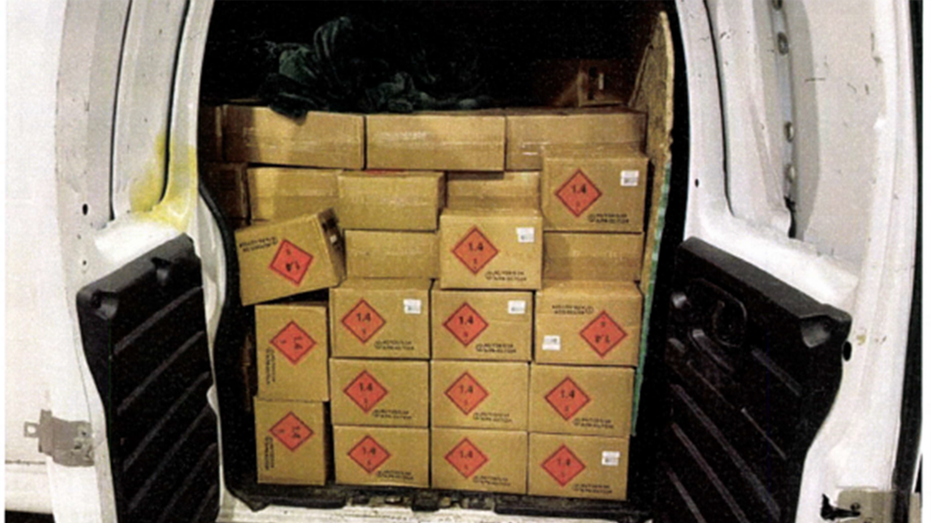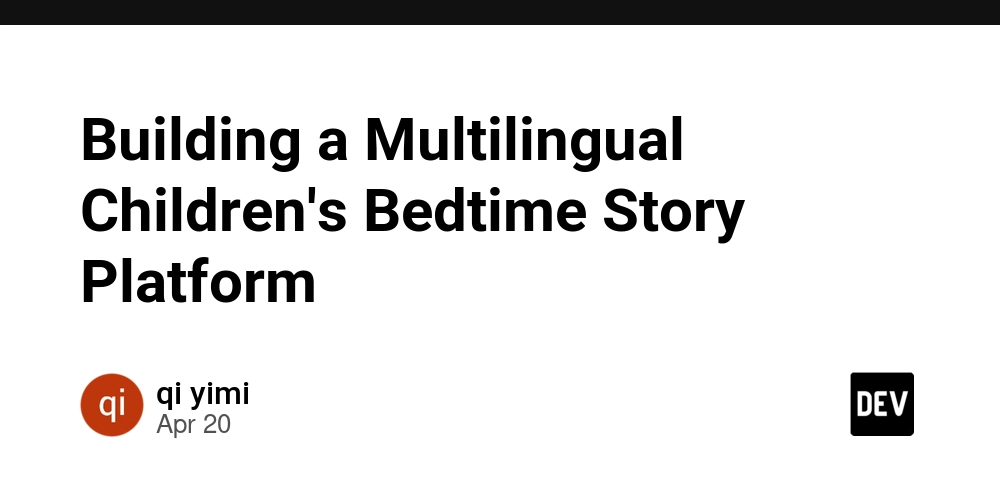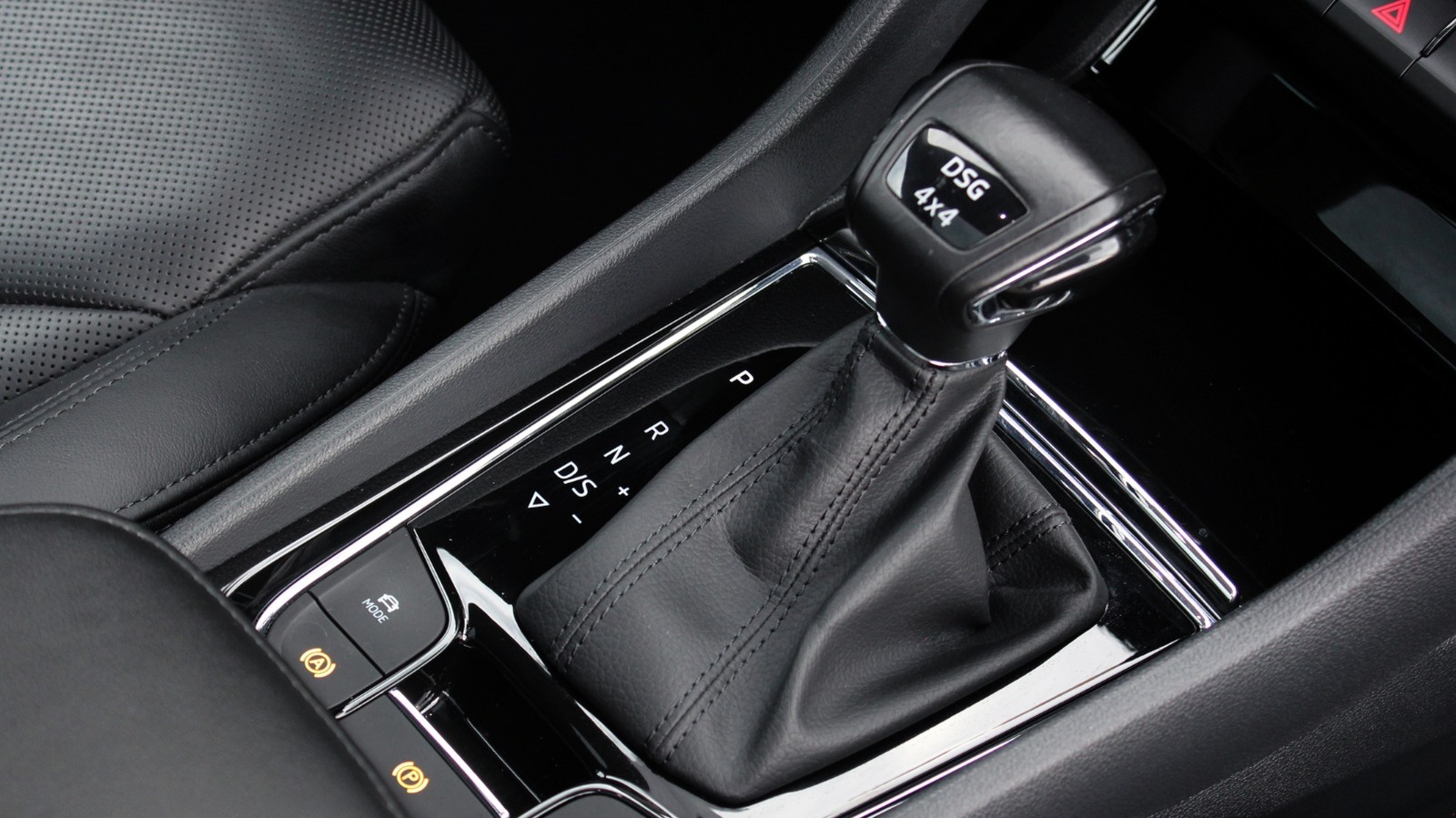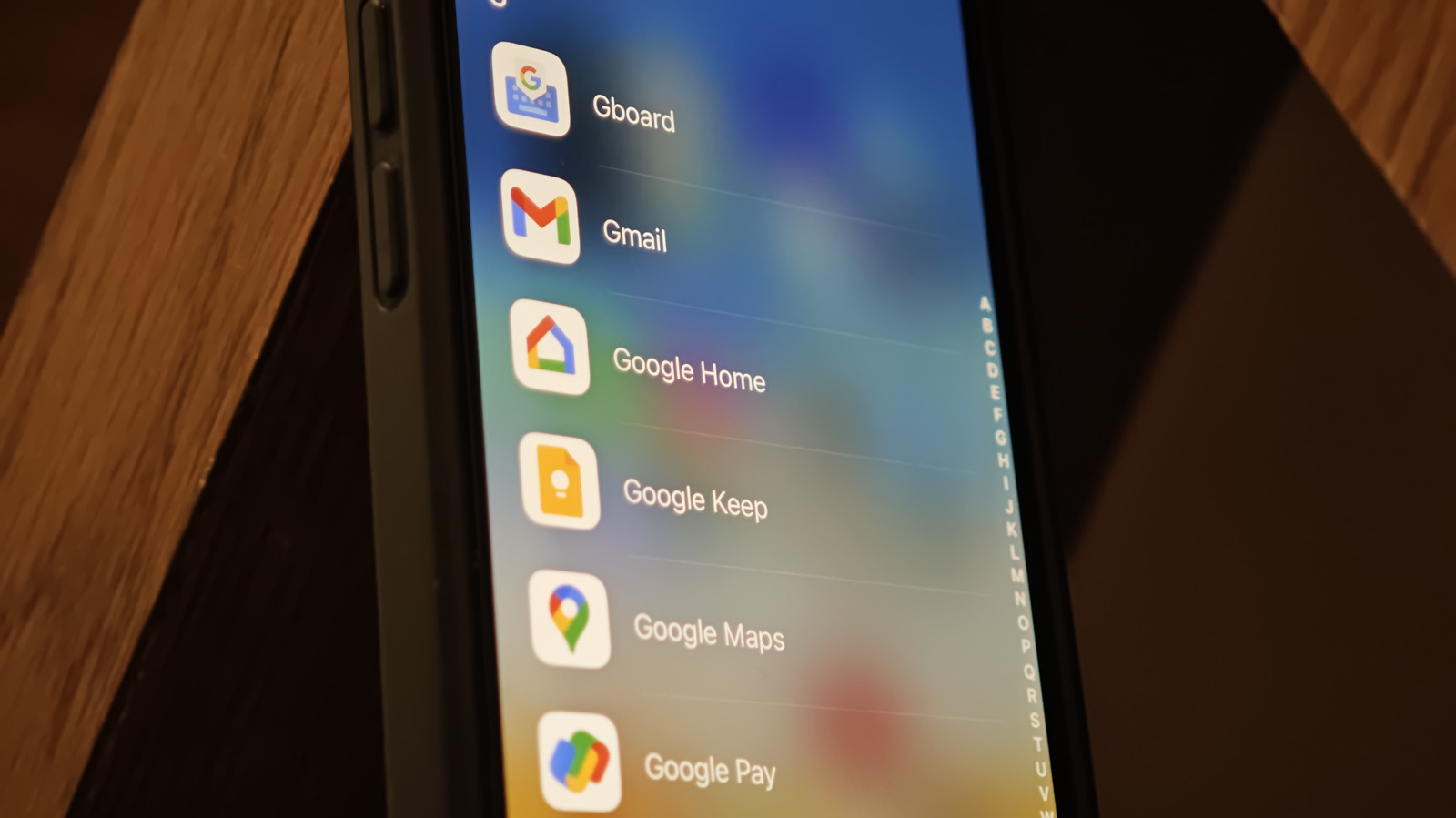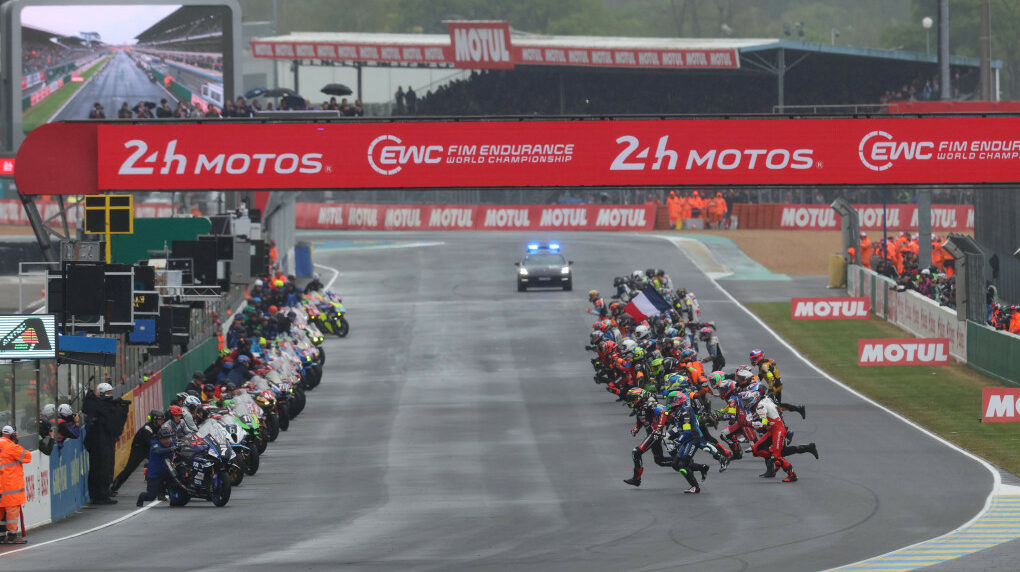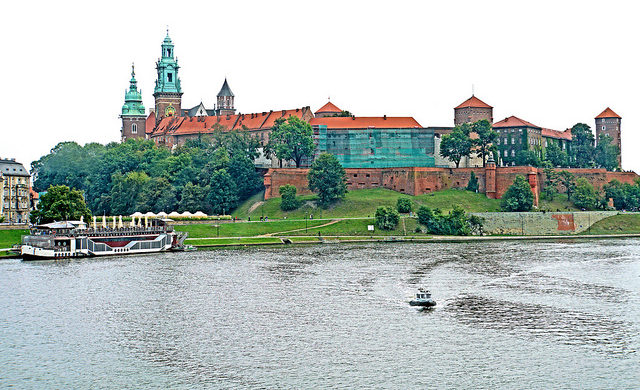Trade wars are bad, and hard to win
President Trump thinks that trade wars are easy and winnable. They are neither, as we keep learning the hard way.

President Trump thinks that trade wars are easy and winnable. They are neither, as we keep learning the hard way.
War is hell. But conventional war is different than a trade war. For Americans, conventional war disturbs our sensibilities, but it doesn’t disrupt our lifestyles — wars happen far away, conducted by professionals, and no one seems to have to pay for it, as the government always borrows the money. Debt explodes, but that is someone else’s problem (our grandchildren, or perhaps theirs).
The inconvenient truth about a trade war, however, is that you actually have to pay for it, up front and personal. The theory of trade war — applying tariffs and sanctions that restrict our own desire to buy a trading partner’s goods until they cry uncle — is by definition pay-as-you-go. It hurts here and now.
There is no professional army to send off to fight. It is not conducted far away. There is no deflecting the costs into the distant future. It may not disturb our sensibilities, but it deeply disrupts our lifestyle.
Trade wars have internal winners and losers. And because a trade war is both up-front-and-personal and pay-as-you-go, it is extremely hard for a democracy to conduct it well. The intense pressures being put on the administration by the “losers” — such as American farmers — are likely to get the president to blink.
Trade is a positive-sum activity — more is good, and benefits are shared. But trade policy in every country, including the U.S., is essentially mercantilist. Trade negotiations are about reducing the barriers in other countries that have been created by their protectionist domestic politics. At times it must be aggressive. The U.S. has long used its economic muscle to twist other countries into policies we prefer; every country that can do it does. China is showing great deftness at this game.
This is a game that must be played with incredible skill, especially in a democracy. It can require more skill than conventional war, because the weapons impose immediate costs. Who benefits from tariffs and who will pay them? Who will be punished by retaliatory tariffs? Who will get the inevitable waivers and exceptions? Who grants them? When, how and, importantly, why?
The range and scope of these weapons, and their consequences, will be determined a little by strategy, a lot by luck and a lot more by special-interest politics. Trade wars create a unique category of crony capitalism.
Clearly the U.S. is not doing it well. Former President Biden conducted four years of solid alliance building, but offered a confused and confusing trade agenda focused collectively on workers and small (especially woman-run) businesses. On Jan. 20, Trump 2.0 trade policy burst out of the gate even more unilateral, aggressive, weaponized and far-reaching than Trump 1.0; more boldly unpredictable than promised in the Republican Party platform and more untethered than promised by Project 2025.
The rules-based trading system that has evolved over the past 80 years has been discarded. The extensive deliberative structure set in place in Washington by statute and tradition to form American trade policy seems now, even more than in Trump’s first term, irrelevant, limited to minor, mechanical decisions not of interest to the Oval Office.
Most striking and revealing is Trump’s new trade war on America’s closest trading partners. He unilaterally and for noneconomic reasons imposed 25 percent tariffs on Canada and Mexico. Trump demanded that Canada stop the flow of fentanyl, which U.S. data puts under 20 kilograms per year.
It is hard to imagine a purpose for these tariffs, opposed by virtually everyone but Trump, other than to make the point that he can impose them, and is willing to do so without a substantive reason. The tariffs directly reject both the most-favored-nation rules of the WTO and the USMCA Free Trade Agreement that Trump himself negotiated with Canada and Mexico just five years ago. The Wall Street Journal called it “the dumbest trade war in history.” Perhaps the lack of substantive purpose — the dumbness — is the point.
Team Trump has opened trade war fronts willy-nilly across the globe. Losers abound, winners are uncertain and any important objectives are lost in the melee. As the losers garner political support to undo or neutralize the weapons, the trade war mutates, wanes and loses effect.
Even a brilliant trade policy conducted in a well-functioning democracy is at a disadvantage in the face of a strong autocratic system where decisions are made by a “technocratic elite of highly-educated bureaucrats under party control,” as Martin Wolf has described China’s rulers, who have both the authority to effectively use its economic weapons and the patience to employ them for the duration.
It is not certain how a democracy wins against such an opponent. A lone democracy — even the strongest one — confronting a very large and determined autocracy should not open simultaneous fronts against every possible ally who could be critical to a successful outcome.
This self-destructive strategy seems to be exactly how the Trump administration is conducting the war. Moreover, because it is not clear what success actually means to the administration, we will likely get all the destruction without any of the creation promised by free markets.
The final result of Trump’s ill-conceived multi-front trade war will be a group of solidly antagonized trade partners, substantial damage to the multilateral infrastructure, an end to unified support to help manage China in a liberal ruled base trading system, confirmation that an American signature on any trade agreement is not worth the paper it’s written on and a growing sense of defensive nationalism across the globe that will require years of diplomacy to overcome.
Robert A. Rogowsky is professor of trade and diplomacy at the Middlebury Institute of International Studies and adjunct professor at Georgetown University’s School of Foreign Service. He is a former chief economist and director of operations at the U.S. International Trade Commission.
